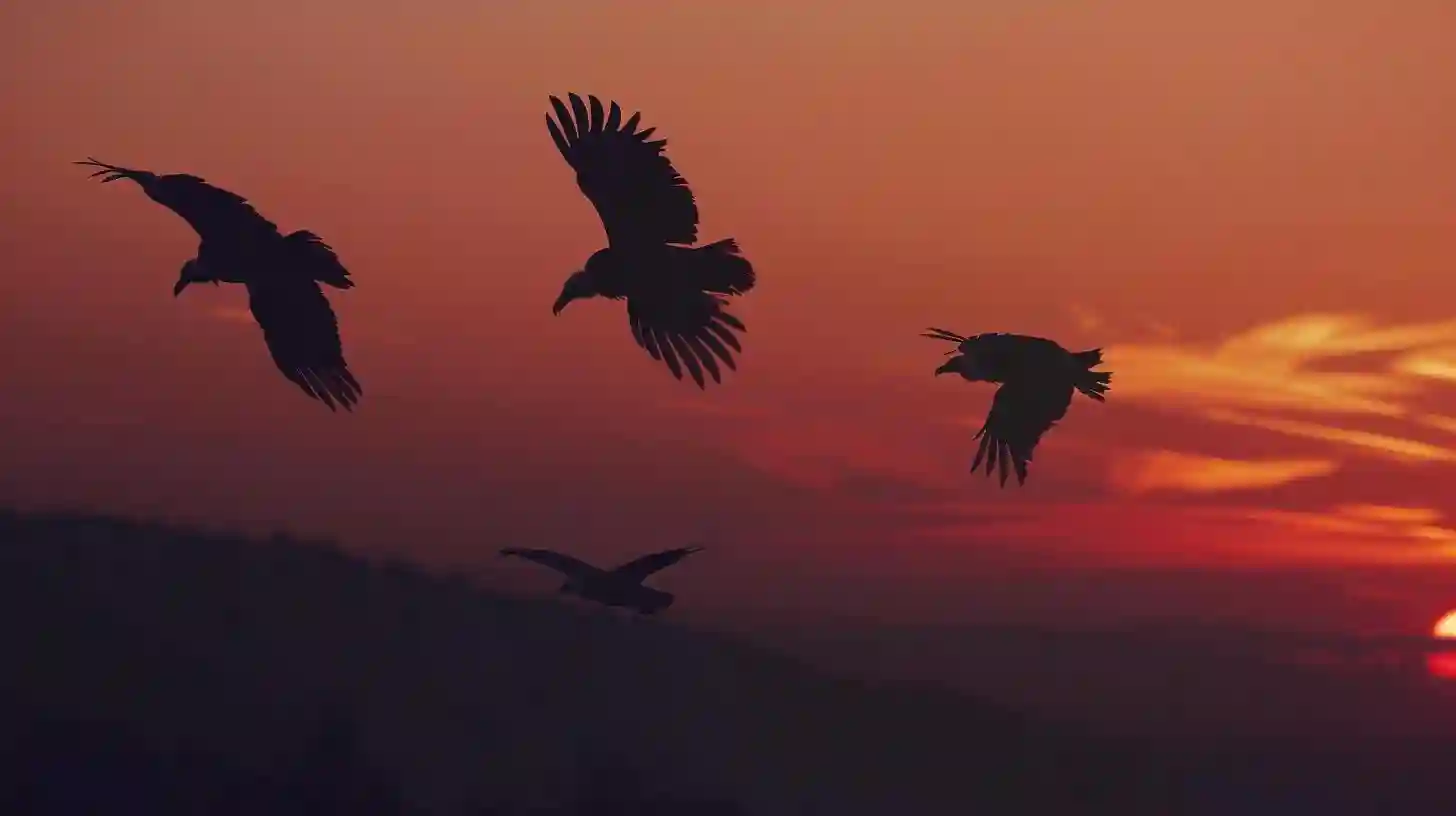
Vultures: Nature's Cleanup Team
Vultures have long been the subject of much slander and misunderstanding in the animal kingdom. Often associated with death and decay, they are often seen as symbols of doom and negativity. However, these magnificent birds play a critical role in maintaining the delicate balance of ecosystems around the world. In this article, we explore the fascinating world of vultures, their unique abilities and the important role they play as a cleanup team.
Vultures are large birds of prey that belong to the Accipitridae family, which also includes eagles, hawks and kites. More than two dozen species of vultures live on all continents except Antarctica. These birds are distinguished by their bald heads, sharp beaks and keen eyesight, making them very effective scavengers.
Vultures are well adapted to the fall lifestyle. Bald heads and necks help them keep clean while feeding on carrion, as feathers quickly become dirty. Additionally, their strong stomach acid allows them to digest bacteria and toxins that would be harmful to most other creatures. This unique adaptation allows vultures to feed on decaying flesh without getting sick.
One of the most remarkable features of vultures is their keen sense of smell. While most birds of prey rely on keen vision to find food, vultures use their sense of smell to detect the scent of carrion over long distances. This ability allows them to quickly find food sources and defeat other scavengers.
Vultures play a vital role in the ecosystem as nature's cleaning crew. These are natural garbage chutes that effectively remove decaying corpses from the environment. Without vultures, carcasses would accumulate, creating a breeding ground for disease and attracting pests. By eating carrion, vultures help prevent the spread of disease and keep ecosystems healthy and functioning properly.
The decline of vulture populations worldwide has had serious consequences for ecosystems. Vultures have faced numerous threats in recent decades, including habitat loss, poisoning and collisions with power lines. The use of diclofenac, a veterinary drug toxic to vultures, has led to dramatic population declines in Asia. Without vultures to scavenge carcasses, disease outbreaks have increased, posing a threat to human and animal health.
Efforts are being made to conserve vulture populations and mitigate these threats. Conservation organizations are working to protect vulture habitat, educate communities about the importance of vultures, and reduce the use of harmful chemicals that pose a threat to vultures. By raising awareness and taking action to protect vultures, we can help ensure the continued health of ecosystems around the world.
Despite their critical role in maintaining ecosystems, vultures continue to face misconceptions and persecution. In many cultures, vultures are considered symbols of death and bad luck, leading to their persecution and isolation. It is important to challenge these misconceptions and educate the public about the important role that vultures play in maintaining healthy ecosystems.
Vultures are magnificent creatures that deserve our respect and protection. Their unique adaptations, keen sense of smell, and role as nature's cleanup team make them invaluable members of ecosystems around the world. By working together to conserve vulture populations and raise awareness of their importance, we can help ensure the continued health and balance of our natural world.
Vultures are fascinating birds that play a vital role in the ecosystems in which they live. Their litter-scavenging abilities, keen sense of smell, and unique adaptations make them essential in maintaining a healthy ecosystem. By working to protect vulture populations and challenge misconceptions about these remarkable birds, we can ensure a future in which vultures thrive and ecosystems remain healthy and balanced.